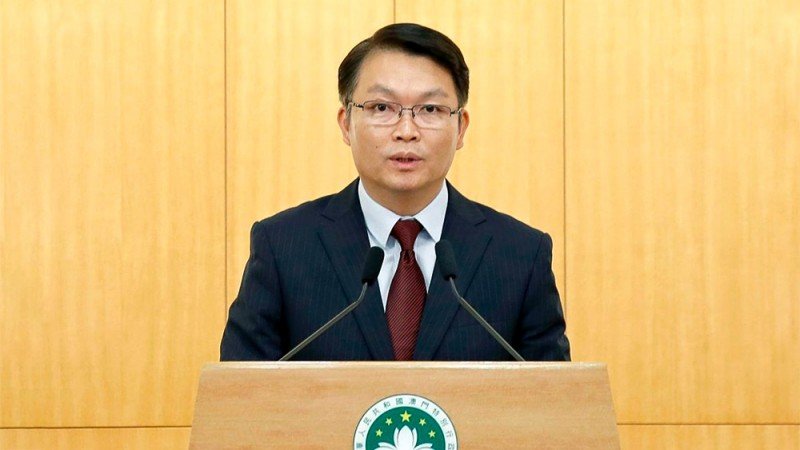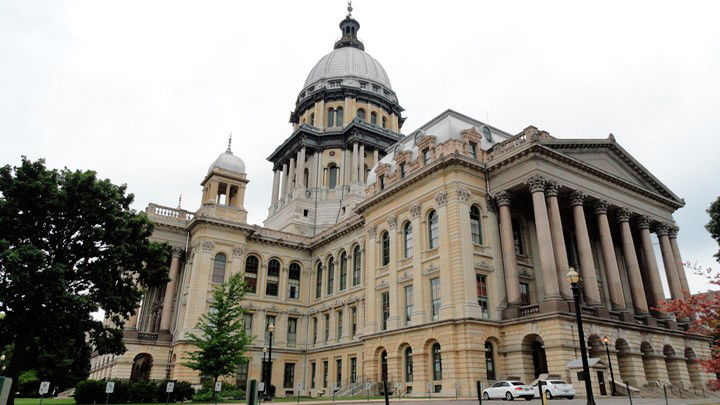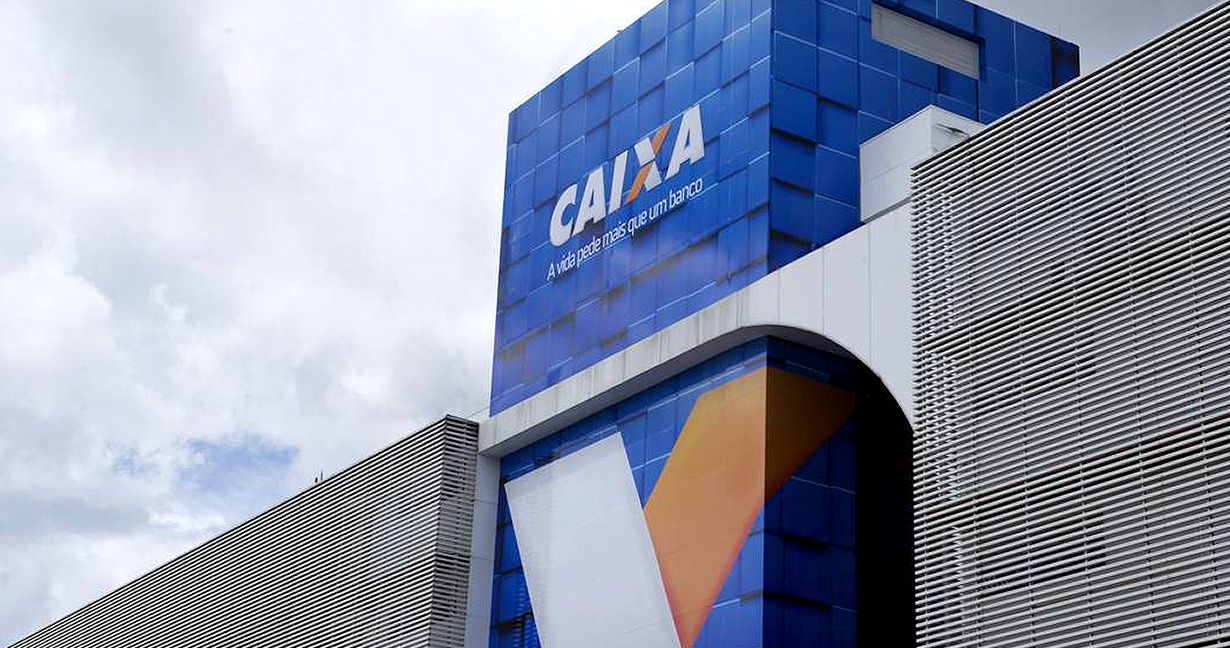Macau gambling industry amendment bill passes first reading amid "satellite casinos" concerns

The Macau Legislative Assembly (AL) passed its first reading of the draft bill seeking to amend Macau’s gaming on Monday. The draft bill is now set to be sent to the Standing Committee, where closed-door discussions are to be held after the Chinese New Year holiday, most likely in the second week of February, according to local media.
The draft bill was introduced to the General Assembly by Lei Wai Nong, Secretary for Economy and Finance, who said “non-gaming elements,” such as shopping and accommodations, would play a key role in the re-tendering process.
According to Lei Wai Nong, in order to select the best concession candidates, officials will set criteria for non-gaming elements in the tender. While gaming was the first visiting purpose for arrivals before 2016, this changed over time, and thus these non-gaming elements are set to be “enhanced” in the future to diversify the enclave’s industry.
The government is also set to put Corporate Social Responsibility (CSR) at the center of the bidding process. Operators will have to put forward proposals for officials to review and comment, in an effort to negotiate how these social responsibility efforts will be carried out.
The first reading of the gambling law amendment also brought to the forefront a possible termination of “satellite casinos” in the world’s largest gaming hub. These are venues that are not located in premises owned by the gambling concessionaires operating casinos in Macau.

These venues are controlled by independent investors, who lease on the gaming license of one of the existing concessionaires. About 20 satellite casinos currently operate in the Chinese enclave.
About a dozen lawmakers expressed their views, made comments and raised questions on the issue, reports Macau Daily Times. Labor association representatives were concerned with the possible impact on the labor market should satellite casinos close, which employ at least 7,000 people.
“Counting supporting staff in, the figure may reach 15,000,” lawmaker Lei Leong Wong pointed out. Other lawmakers pointed out these venues generated favorable business environments in their neighborhoods by supporting late-night restaurants and shopping. Their contributions to Macau’s expenditure on education, healthcare and infrastructure were also remarked on.
The amendment proposal states casinos must be located in properties owned by concessionaires: casinos are legally government premises, and thus must be located “in properties owned by concessionaires so that they can be retrieved by the government when needed,” Lei explained.
The Secretary for Economy and Finance said the new legislation did not have the intention to “prohibit” these satellite casinos: instead, the gambling amendment would seek to restrict the operation to gaming concessionaires’ properties within three years of the new bill being passed.
Lei Wai Nong.
During that transitional period, entities responsible for properties holding casinos operating under service agreements are expected to create “closer ties” to any one of six concessions to be granted. However, no details were provided on how that transfer of assets would take place, reports Macau Business.
Lei assured current owners of these satellite casinos would have sufficient time to make the necessary arrangements within the three-year period given. The Secretary, however, did not answer directly whether the government had conducted evaluations on the impact of changes being introduced to the satellite casino industry.
The bill received 30 votes in favor and one against by legislator Ron Lam U Tou, who contested the lack of information in the draft on how the satellite casino issue would be resolved. Before the final voting, most legislators who intervened in the plenary session raised the satellite casinos issue.
Ron Lam pointed out clarifications were needed, with the need to clearly explain concepts affecting the industry at this point. As the bill proposes that bidding documents must be confidential, the lawmaker suggested crucial information would be obstructed from the general public’s knowledge, further reports Macau Daily Times.
Lei defended that, at the legislation stage, certain concepts had to be “abstract,” with more elaborated stipulations to be made during the bidding stage. He also explained that as the bill states certain documents to be kept in confidentiality, the government will have to abide by that.

The draft of the new gaming bill was first shared last Tuesday, January 18. The 44-page draft document details officials’ plans of tightening casino control over casinos firms and the controversial junket market, marking the biggest reform in the region in two decades.
New licenses will be capped at six, with license terms halved to 10 years. The new bill also states casino operators would no longer be able to have dedicated junket rooms, and revenue-sharing arrangements between the two parties would be prohibited. Macau will continue to issue junket licenses to approved VIP promoters, but will restrict them to only operating in one concessionaire
Plans to increase control over the casino industry are also detailed in the bill draft under a provision to make casinos face a review every three years, in which the Macau gaming regulator will examine contractual compliance. Moreover, each license holder will have a 30% cap on the number of shares that can be publicly listed, and major financial transactions must first be communicated to authorities.
The government also details rights to terminate contracts for a number of reasons, including “public interest” or breaching obligations. Operators will also have to draw up plans to promote responsible gaming, and a cap to gaming tables and machines per license holder is to be introduced.
The new legislation also mandates casino operators to increase the amount of capital to 5 billion patacas ($623.67 million) from 200 million patacas, and increase the requirement for a Macau-based director of the company to hold 15% from 10%. Moreover, officials have committed to cap public floats at 30%, which Ku Mei Leng, Chief of Macau’s Office of the Secretary for Economy and Finance, said would “improve supervision” of the gaming industry.

















